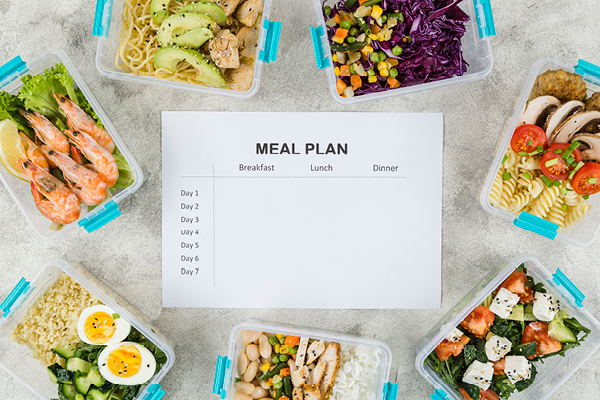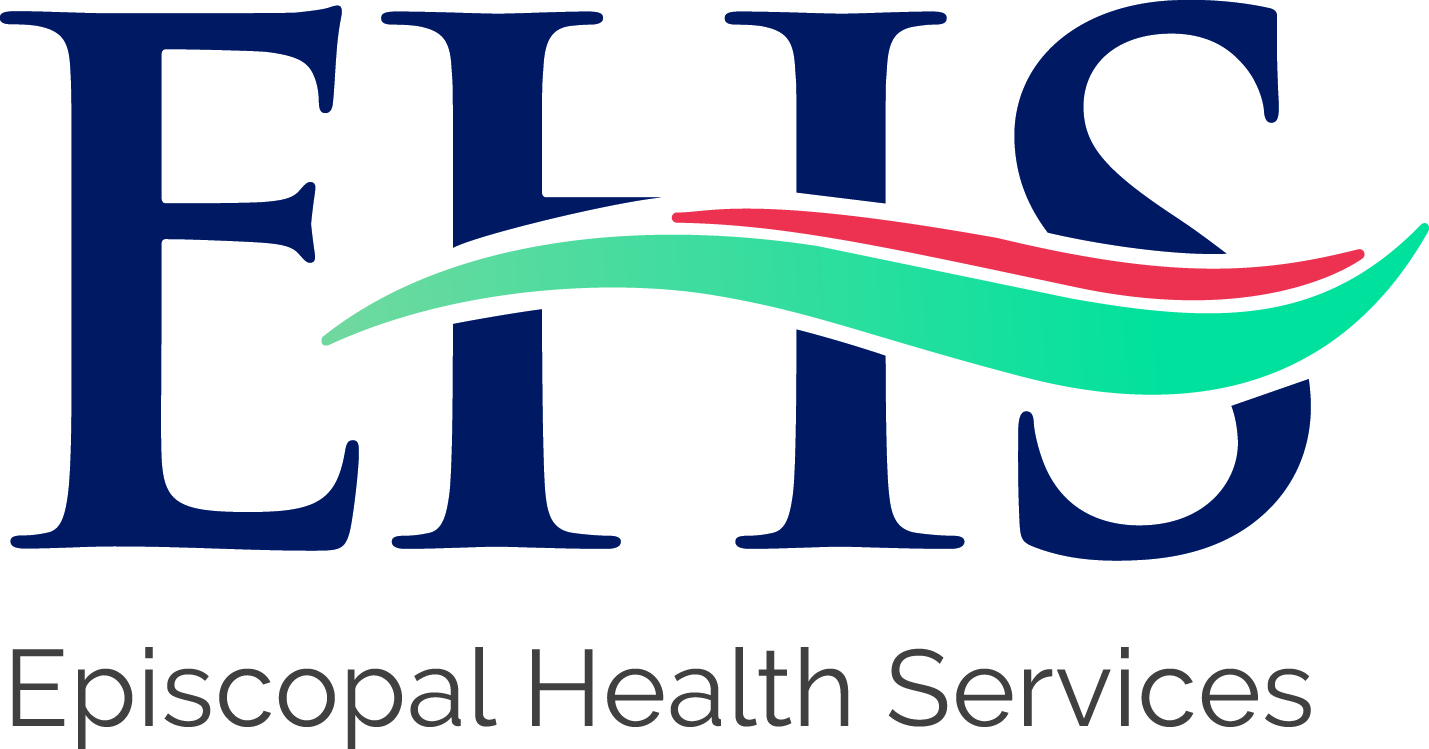Nutrition

Good nutrition is especially important if you have cancer because the illness and its treatments can change how you eat. They can also affect how your body tolerates certain foods and uses nutrients. During cancer treatment, you might need to change your diet to help build up your strength and withstand the effects of the cancer and its treatment. This may mean eating things that aren't normally recommended when you are in good health.
For instance, you might need high-protein, high-calorie foods to maintain weight or thick, cool foods like ice cream or milkshakes because sores in your mouth and throat make it hard to eat anything. The type of cancer, your treatment, and any side effects must be considered when trying to figure out the best ways to get your body's nutrition.
Our team of nutritionists will help you follow a healthy diet during and after your cancer treatment. They are registered dietitian nutritionists with special oncology training and base their advice on scientifically sound nutrition research. They can advise on meal planning, vitamins and supplements, and side-effect management. In addition, they can assist you in planning an optimal diet during any stage of your cancer journey, cope with any side effects you may experience, and answer your questions about the latest findings on cancer and nutrition.
